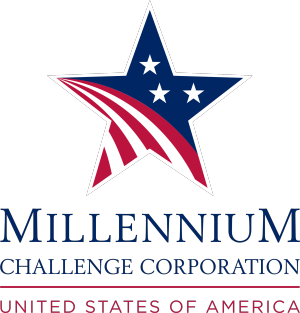PH gets thumbs up for another Millennium Challenge grant
WASHINGTON, D.C. — The Philippines received a unanimous thumbs up for a second grant from the board of the Millennium Challenge Corporation on December 16, in recognition of the country’s efforts to improve its performance on the corporation’s scorecard.
The MCC measures countries’ commitment to just governance, ensuring economic freedom and investing in their people. It is an independent American aid agency created by the U.S. Congress in 2004.
The second compact follows the first compact, which is about to expire at the end of May 2016. Approved in 2010, the first compact, which provided the following:
- $262 million for the Secondary National Roads Development Project to improve access to markets and services for farmers, fishermen and small businessmen;
- $120 million for Kalahi-CIDSS that empowers communities by encouraging their participation in poverty reducing activities;
- $54.3 million for the computerization and streamlining of business processes of the Bureau of Internal Revenue to bolster tax collection and reduce corruption under the Revenue Administration Reform Project.
Ambassador Jose Luis Cuisia called the second compact a recognition of President Aquino’s “firm and continuing commitment to good governance.”
Cuisia said that in the latest MCC scorecard the Philippines passed 12 out of 20 indicators, including Trade Policy, Land Rights Access, Rule of Law and the “must-pass” indicators of Control of Corruption and Democratic Rights, both of which are considered “hard hurdles.”
“I expect that the reforms and good governance that the Philippines has embraced under President Aquino will be sustainable even after June 30, 2016 because these have been institutionalized and the Filipino people will continue to be vigilant,” Cuisia added, also noting that the Philippine Core Team is developing concept notes on possible investment areas that will be proposed to the MCC.
It is expected that the MCC investments for the second compact will likely be in projects addressing the constraints that have so far been identified, namely, government coordination and implementation capacity, high costs of transport logistics, cost of electricity and land and market failures.
Like us on Facebook
